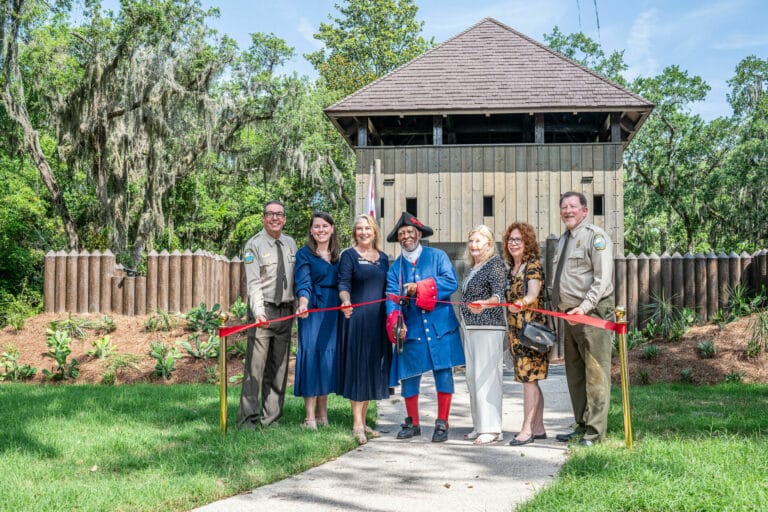How Long You Can Live- Scientific Predictions based on Life-Events
Explore how a groundbreaking study uses linguistic patterns in life-events to predict future human outcomes with remarkable accuracy.

In predictive modeling, connecting the dots and interpreting the myriad signals from different avenues of human lives has always been a challenging task. But what happens if we could revisit our own life-events and decode what our future holds? One groundbreaking study published in Nature Computational Science has just made it possible!
The study, “Using Sequences of Life-Events to Predict Human Lives,” draws a noticeable parallel between the sequences of life-events and a structured language. Sounds enticing, doesn’t it?
The team of scientists who conducted this research leveraged an extensive database from Denmark with umpteen details ranging from health to working conditions, all meticulously recorded. They yarned these individual life-events into a dynamic ‘language’, thus creating an entirely new representation, a unified vector space or an ’embedding space.’
One of the study’s core principles lies in recognizing the structural similarity between sequences of life-events and natural language. By viewing life-events as a genre of language, scientists were able to extract meaningful patterns and insights. The creation of a vibrant embedding space went on to prove not just robust but was also highly structured.
Advanced Modeling to Forecast the Future
Now, you might be thinking, what’s the point of this, right? Luckily, the model derived from this study has demonstrated remarkable predictive abilities. The model’s aptitude surpasses state-of-the-art models, revealed from its ability to predict outcomes ranging from early mortality to minute personality characteristics.
An integral part of this research is the applicability of advanced interpretation methods for understanding how the deep learning models make predictions. This level of transparency provides a unique peek into the complex knots that life weaves, ultimately allowing us to unravel the factors affecting our life outcomes better.
At the heart of this research is, undoubtedly, the potential for personalized interventions. The research framework is now primed to better understand the mechanisms influencing life outcomes. As a result, this could pave the way towards perfectly designed interventions to impact individual life trajectories positively.
Making Sense of the Future: Wrapping Up
With this pioneering venture into predictive modeling, scientists have managed to redefine our understanding of human lives by observing life-events as linguistic sequences. From notably accurate outcomes prediction to providing insights into complex life mechanisms, this research is changing the game. And as we continue to unravel the mysteries enveloped in human existence, maybe the day when we would be able to peep into our futures is not distant anymore.
All in our pursuit of creating a better tomorrow, right? After all, the more accurately we can predict our futures, the more effectively we can make decisions towards improving our overall well-being. Now, that’s an exciting future to look forward to!
Do you want to share your story and inspire our readers ? Know that every story is paving the way for a brighter, happier future.




